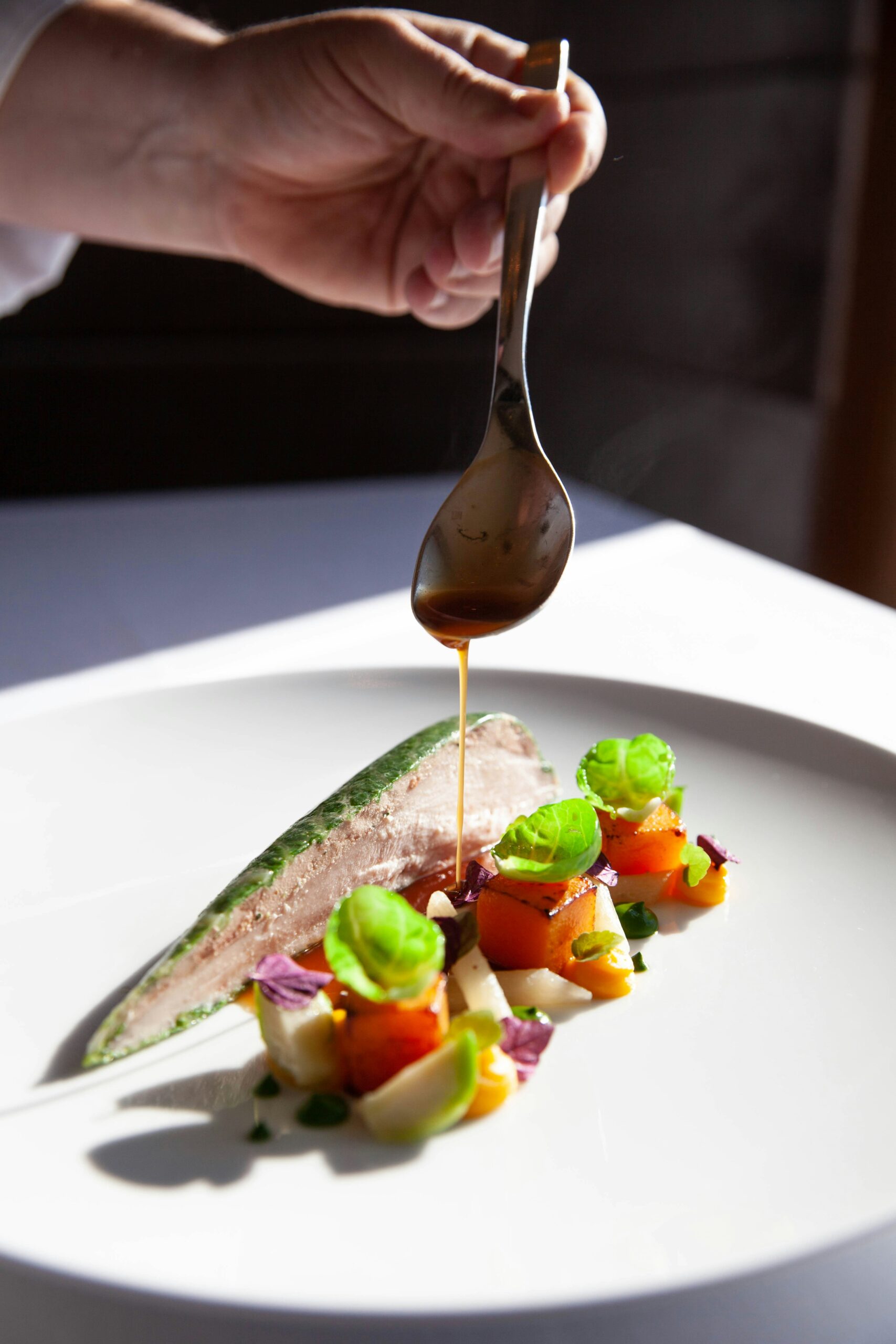
Cooking is not just a necessity; it’s an art that brings people together and nourishes the soul. Whether you’re preparing a quick meal or creating a gourmet feast, the joy of cooking lies in its ability to combine creativity, technique, and flavor. With the right approach, anyone can master the essentials of cooking and elevate their meals to a whole new level.
Understanding the Basics of Cooking
Cooking begins with understanding the fundamentals, which lay the groundwork for delicious meals. Start by familiarizing yourself with standard techniques like boiling, baking, frying, and grilling. Each method offers unique ways to bring out the best in your ingredients. For example, grilling enhances natural flavors, while baking creates warmth and comfort. Learning these techniques empowers you to experiment confidently in the kitchen.
Additionally, knowing how to balance flavors is essential. Sweet, salty, sour, and umami tastes should work harmoniously in your dishes. Start simple by seasoning with salt and pepper, then gradually incorporate spices and herbs. Transitioning from primary to bold flavors will not only improve your cooking but also delight your taste buds.
Stocking Your Kitchen with Essentials
A well-equipped kitchen is critical to successful cooking. Begin by investing in a few high-quality tools, such as a chef’s knife, cutting board, and non-stick skillet. These items form the backbone of your culinary toolkit and make meal preparation efficient. Over time, consider adding specialty gadgets like immersion blenders or a food processor to expand your capabilities.
Equally important is keeping your pantry stocked with staples. Ingredients like flour, sugar, rice, and cooking oils serve as the foundation for countless recipes. Furthermore, adding versatile spices such as cumin, paprika, and oregano ensures you’re ready to cook flavorful meals on short notice. When you transition to experimenting with new ingredients, your pantry will already be prepared for the challenge.
Experimenting with Recipes
Trying new recipes is one of the most exciting aspects of cooking. Begin with simple dishes that match your skill level and gradually progress to more complex creations. For instance, start by mastering scrambled eggs or pasta dishes before attempting a soufflé or risotto. This gradual approach builds your confidence while sharpening your skills.
When experimenting, don’t hesitate to personalize recipes. Substitute ingredients you already have, adjust the seasoning to your taste or incorporate local produce to make the dish your own. These small changes not only make cooking more enjoyable but also help you develop a unique cooking style.
Mastering Meal Preparation and Timing
Timing plays a critical role in cooking, as it ensures your dishes are served fresh and flavorful. To streamline your process, practice mise en place—a French term for prepping ingredients beforehand. Chopping vegetables, measuring spices, and organizing your tools before starting allows you to focus on the actual cooking without unnecessary distractions.
Meal preparation also involves understanding the cooking times for different ingredients. Proteins like chicken and fish require careful attention to prevent overcooking, while vegetables often benefit from quick sautéing to preserve their crunch. By refining your timing skills, you’ll serve dishes at their peak quality, impressing family and friends.
Overcoming Common Cooking Challenges
Cooking can be intimidating at times, but overcoming challenges is part of the learning process. For instance, burning food or undercooking a dish is a common mistake for beginners. To prevent this, use a timer and check your dish regularly. Another challenge is achieving the right texture in recipes like bread or pasta. Patience and practice will help you get better over time.
Moreover, it’s essential to taste as you go. Adjusting flavors during cooking ensures your dish meets expectations. With practice and persistence, you’ll find that even mistakes can lead to valuable lessons and, sometimes, surprisingly delicious results.
Bringing Joy to the Dining Table
Cooking is as much about presentation as it is about taste. Plating your food creatively enhances the overall dining experience. For example, arrange ingredients in layers, use garnishes, or select colorful plates to make your meals visually appealing. Transitioning to this artistic approach not only pleases the eye but also shows appreciation for the effort put into the meal.
Additionally, involve loved ones in the cooking process. Cooking together can create lasting memories and strengthen bonds. Whether it’s preparing a holiday feast or making a simple weeknight dinner, the shared experience of creating a meal fosters connection and joy.
The Benefits of Cooking at Home
Cooking at home offers numerous advantages beyond just saving money. First, it allows you to control what goes into your food, ensuring healthier meals are free from unnecessary additives. You can also tailor dishes to meet dietary needs or personal preferences, which is often challenging with takeout or dining out.
Furthermore, cooking at home nurtures creativity. Trying new cuisines, exploring unfamiliar ingredients, and experimenting with flavors provide endless opportunities for self-expression. Transitioning from a hesitant beginner to a confident home chef is a rewarding journey that positively impacts both your health and lifestyle.
Expanding Your Culinary Horizons
As you grow more comfortable in the kitchen, take steps to explore global cuisines. Trying dishes from different cultures broadens your palate and teaches you about diverse cooking techniques. For instance, learning to make sushi introduces you to precise knife skills, while preparing Indian curry emphasizes the art of spice blending.
Additionally, consider taking cooking classes or watching tutorials. These resources provide hands-on experience and professional insights to refine your abilities. By continuously expanding your knowledge, you’ll keep the excitement of cooking alive and inspire others to embark on their culinary journey.
Cooking is a skill that enriches your life in countless ways, from improving your health to fostering connections with others. By starting with the basics, investing in essential tools, and embracing experimentation, anyone can transform their kitchen into a hub of creativity and comfort. As you continue to refine your skills and explore new horizons, the joy of cooking will become an integral part of your daily life. So grab your apron, and let your culinary adventure begin!